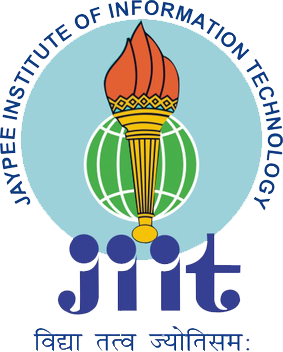
International Conference on Humanities, Social Sciences and Management
February 26–28, 2026 | Hybrid Mode
Powered By: The Microsoft CMT service was used for managing the peer-reviewing process for this conference. This service was provided for free by Microsoft and they bore all expenses, including costs for Azure cloud services as well as for software development and support.
Redefining Humanities, Social Sciences, and Management in the Digital Age
We invite researchers, academicians, and industry professionals to submit their original research papers on topics including but not limited to the following themes:
Submit an abstract of 300 words clearly stating the research objectives, methodology, findings, and implications.
Submit AbstractUpon acceptance of the abstract, submit a full paper following the submission guidelines.
All submissions will undergo a double-blind peer review process.
Incorporate reviewer comments and submit the final version along with the copyright form.
Final Submission